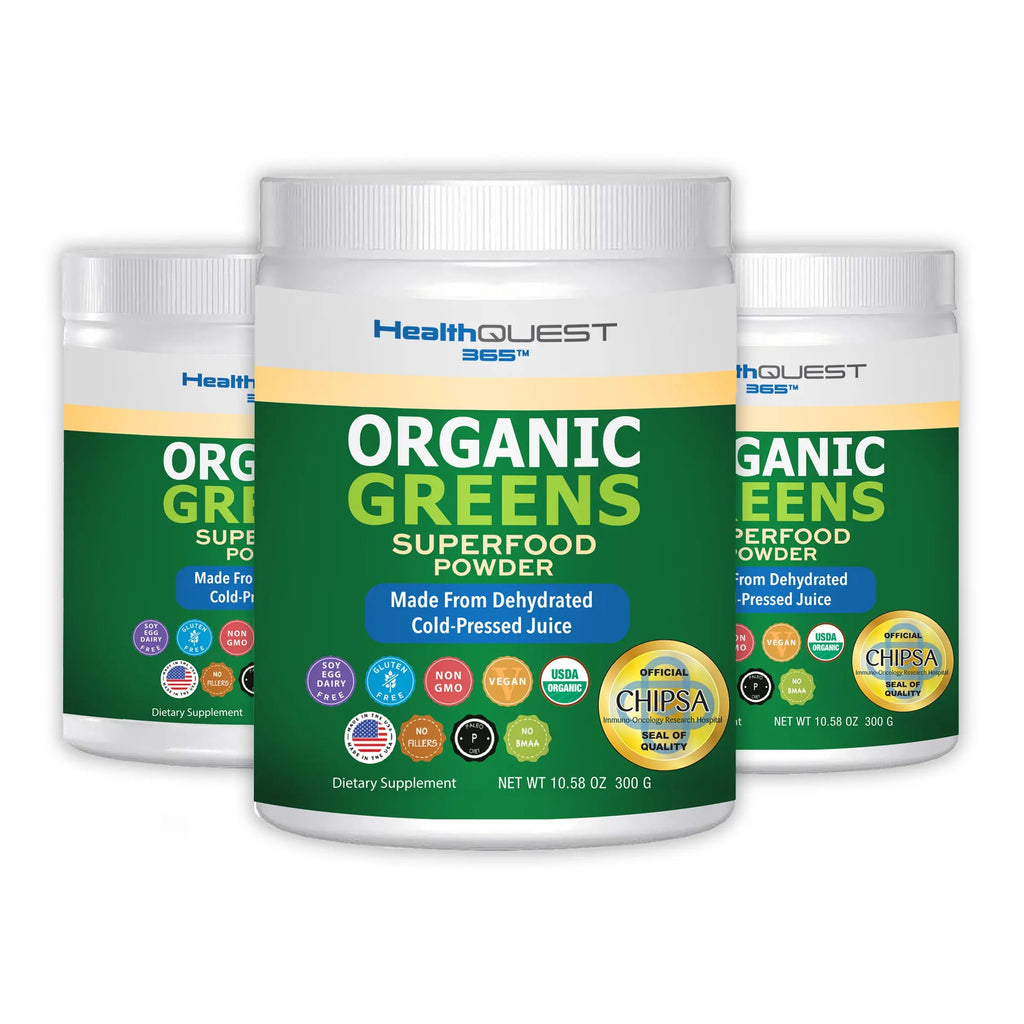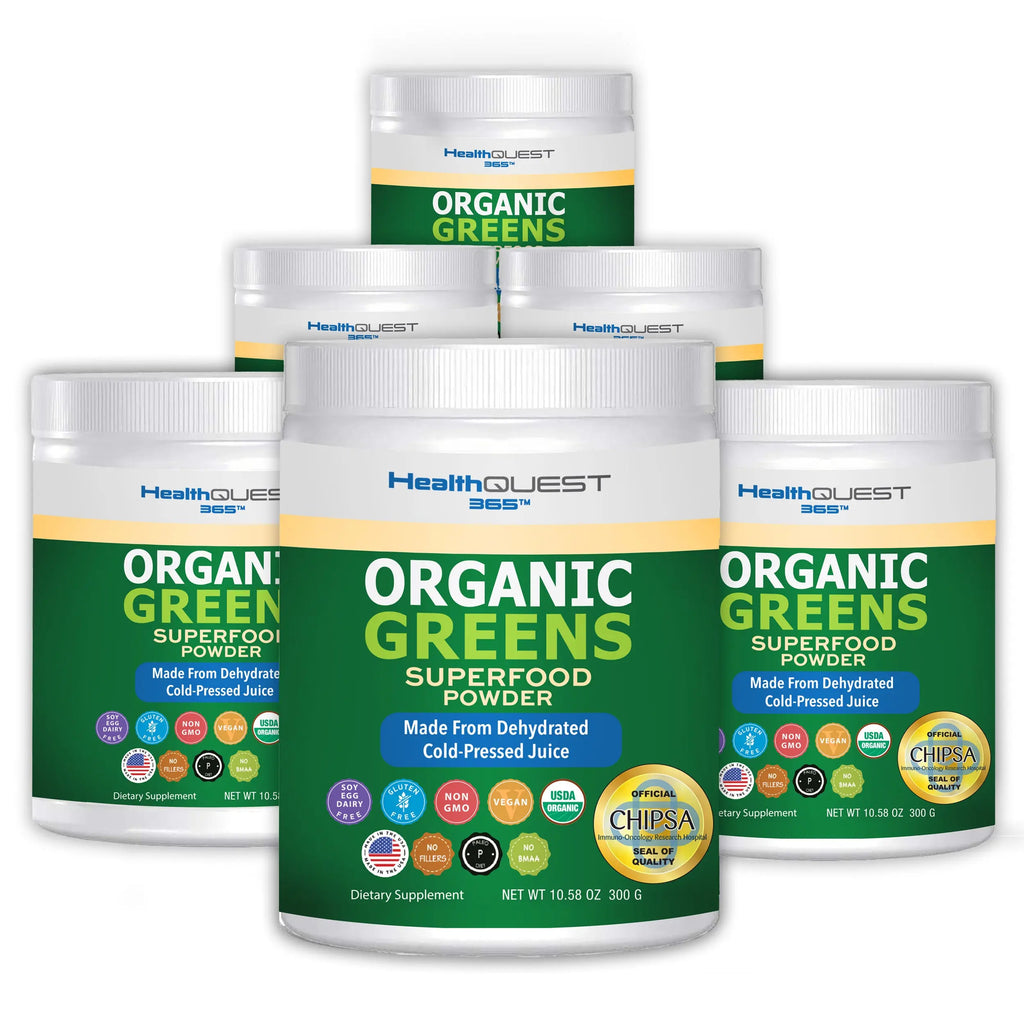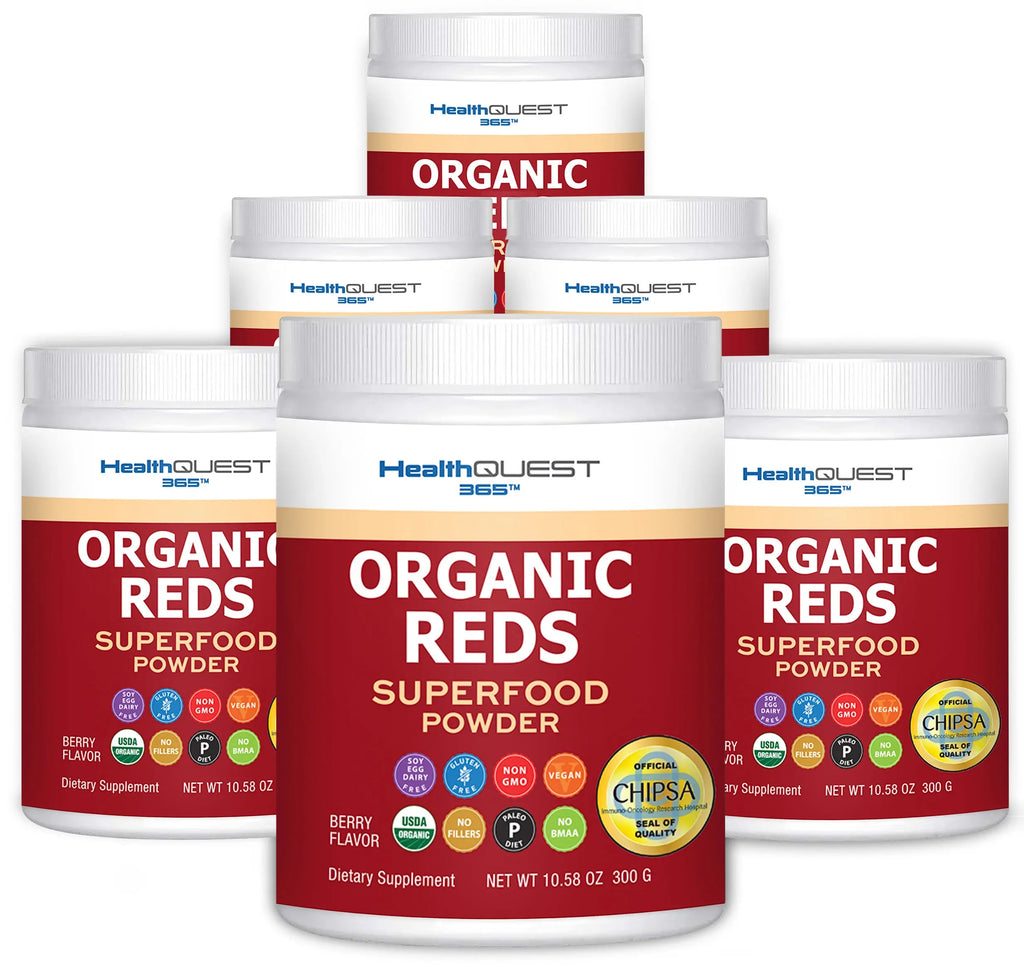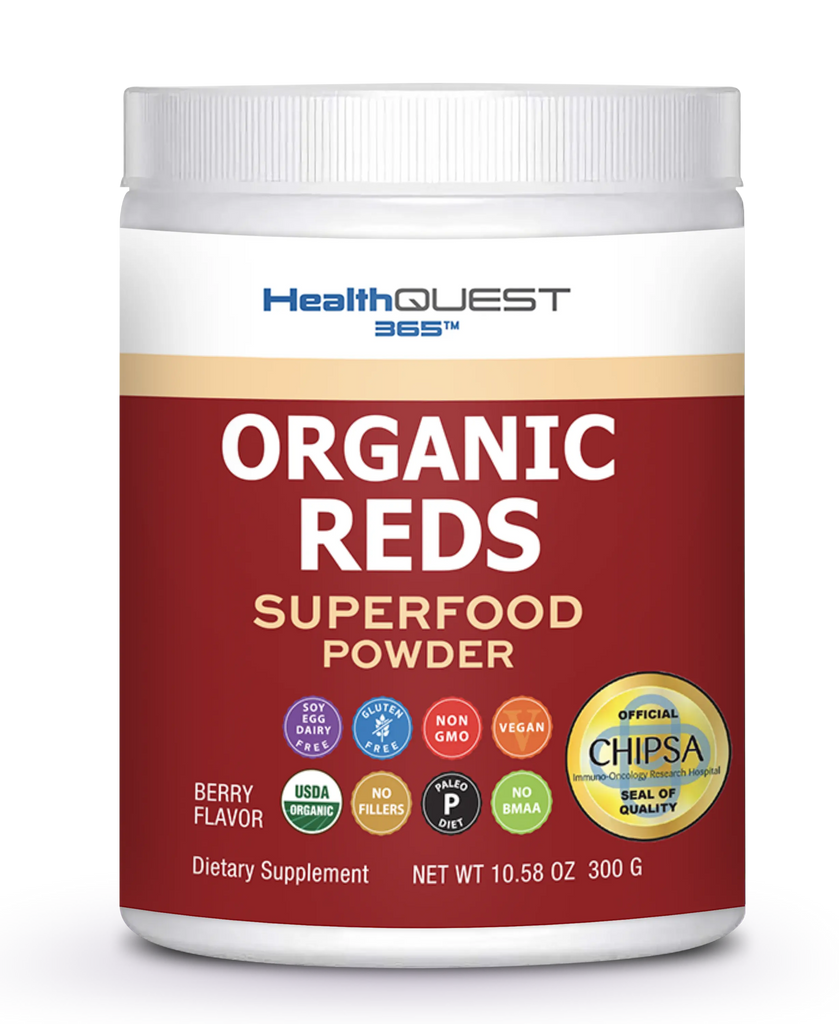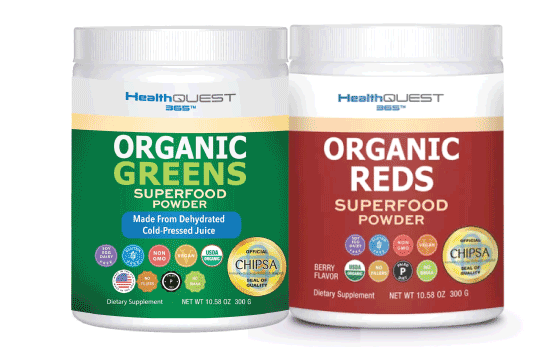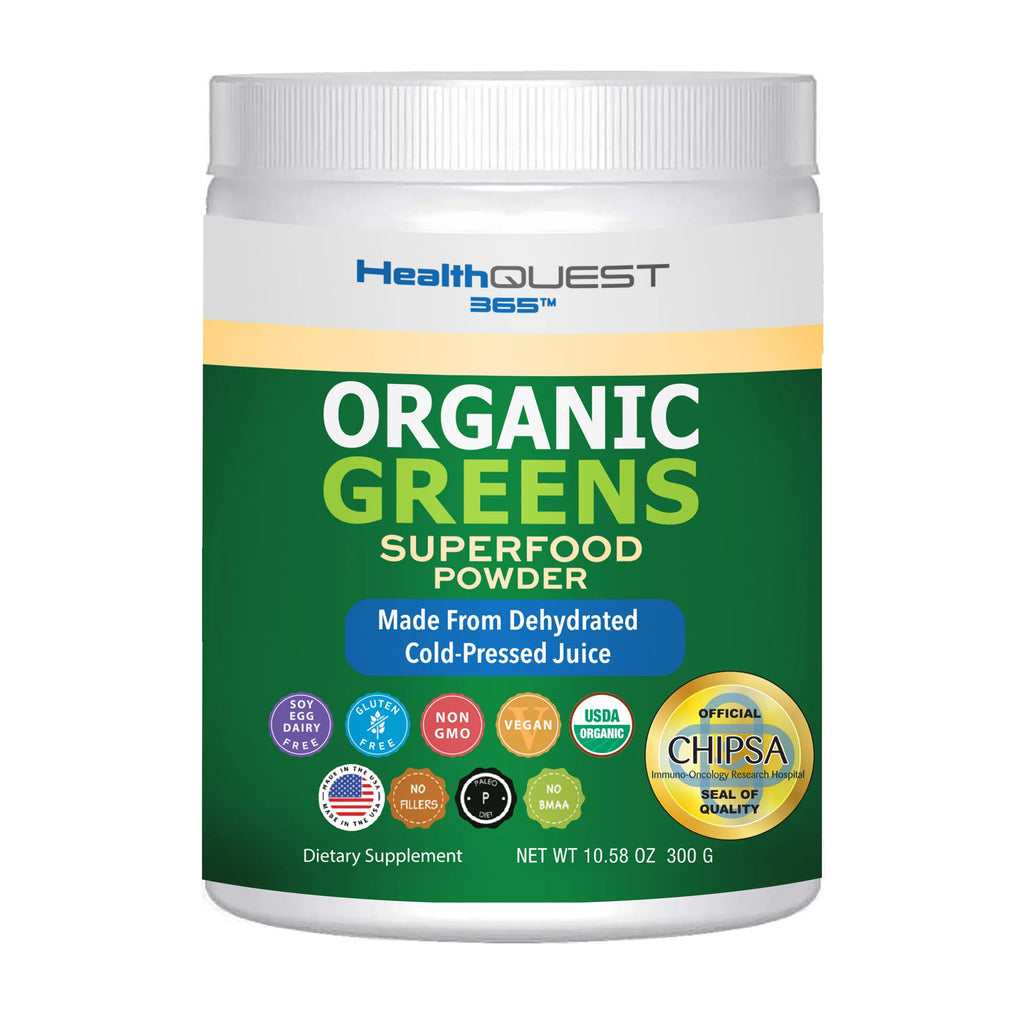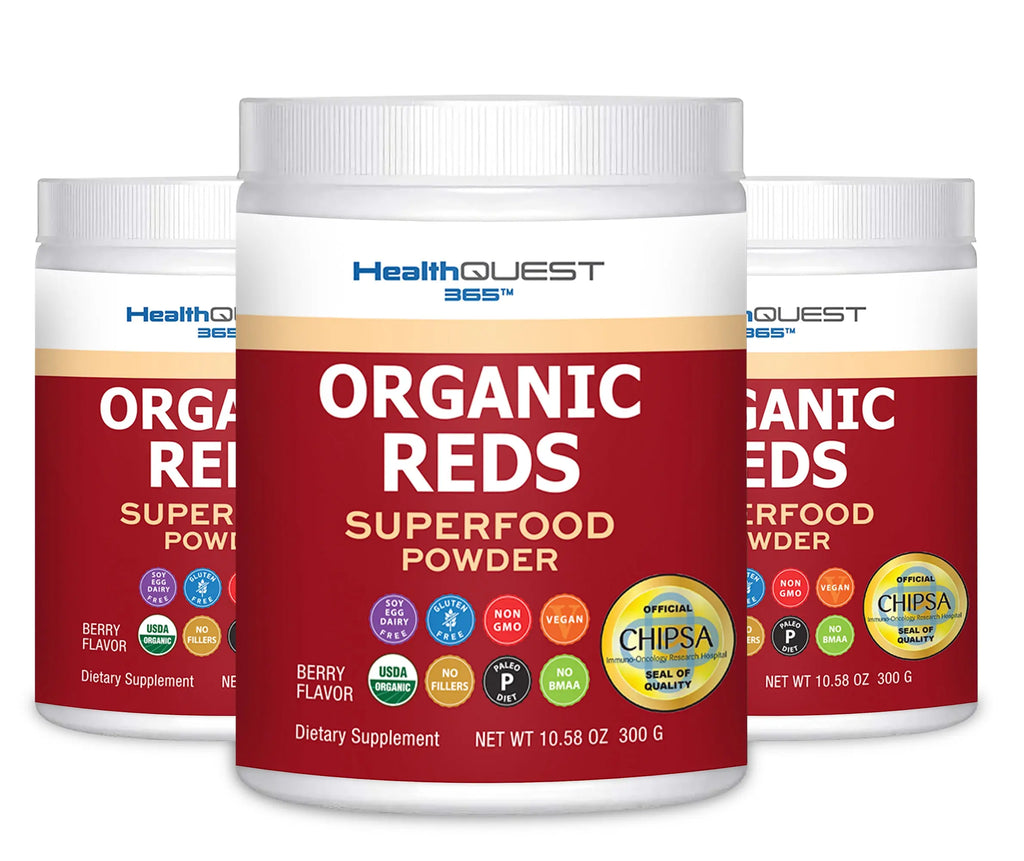It’s about health. It’s about healthy lifestyle. It’s about family™

Nourishing Your Heart: A Guide to the Best Foods for Myocarditis
Myocarditis diagnosis got you feeling like your heart's become a tiny warrior facing a fierce dragon inside you? It's okay to be scared, but listen up! You're not alone in this fight. This guide is your personalized battle plan, packed with info on myocarditis, the best (and worst!) foods to fuel your brave heart (with recipes!), and tips on rest, stress management, and check-ups.
Together, we'll help your heart slay that dragon and get you back to feeling like your most awesome self !

Understanding Myocarditis: Taking Charge of Your Heart Health Through Food
Feeling the extra effort in your heartbeat? It could be myocarditis, where your heart muscle becomes inflamed. This can make your heart work harder, leading to symptoms like fatigue, shortness of breath, and chest pain. While it sounds scary, this guide empowers you to fight back!
Here's the good news: By making smart food choices, you can take charge of your heart health and feel empowered on your journey to recovery. This guide will equip you with the knowledge you need to make informed decisions about your diet and support your overall well-being.
Embrace These Heart-Healthy, Anti-Inflammatory Foods
Living with myocarditis means taking an active role in your well-being. While there's no magic bullet, making smart choices about what you eat can significantly impact your heart health and recovery.
Let's explore some of these amazing ingredients and how they can empower you on your journey to a healthier you.
-
Leafy Greens (Spinach, Kale): These are not just plants; they are powerhouses of antioxidants and essential vitamins. Incorporating spinach, kale, and other leafy greens into your diet can significantly contribute to reducing inflammation and boosting heart health.
-
Berries (Blueberries, Strawberries): Bursting with antioxidants and flavonoids, berries are your heart's best friend. Their high antioxidant content helps combat inflammation and protect the heart.
-
Fatty Fish (Salmon, Mackerel): Rich in omega-3 fatty acids, fatty fish are pivotal in reducing inflammation and supporting heart health. Regular consumption can help lower the risk of heart diseases.
-
Whole Grains (Quinoa, Brown Rice): Ditch refined grains for their whole counterparts like quinoa and brown rice. High in fiber, whole grains help in managing cholesterol levels, thus promoting better heart health.
-
Nuts and Seeds (Almonds, Flaxseeds): These small but mighty foods are loaded with healthy fats and magnesium, essential for heart health and combating inflammation.
-
Olive Oil: A cornerstone of the Mediterranean diet, olive oil is celebrated for its monounsaturated fats and antioxidants, making it excellent for heart health.
-
Legumes (Beans, Lentils): With their high plant-based protein and fiber content, legumes are excellent for heart health, helping to reduce inflammation and improve cholesterol levels.
-
Avocados: Rich in potassium and monounsaturated fats, avocados support heart health by reducing blood pressure and inflammation.
-
Turmeric and Ginger: These spices are not just for flavor. Their powerful anti-inflammatory properties make them invaluable for maintaining heart health.
Foods to Avoid or Limit for a Heart-Healthy Diet
While incorporating anti-inflammatory foods into your diet, it's equally important to be aware of foods that can exacerbate inflammation and negatively impact heart health:
-
Processed and Red Meats: High in saturated fats and additives, these can increase inflammation and heart disease risk.
-
Refined Carbohydrates and Sugars: These can spike blood sugar levels, leading to increased inflammation and heart strain.
-
Trans Fats and Certain Saturated Fats: Found in many processed foods, these fats can raise bad cholesterol levels and promote inflammation.
-
Excessive Salt and Alcohol Intake: Both can contribute to high blood pressure and harm heart health.

Incorporating Heart-Healthy Foods into Your Diet
By choosing heart-healthy, anti-inflammatory foods for your daily meals, you can manage and prevent myocarditis-related complications. Here are practical tips and insights to help you incorporate them into your diet.

Start with Small Changes
Revamping your diet doesn't have to be an all-or-nothing approach. Begin with small, manageable changes that can lead to lasting habits. Swap out your morning bagel for a bowl of oatmeal topped with berries and flaxseeds, or replace your afternoon vending machine snack with a handful of almonds. These minor adjustments can cumulatively make a significant impact on your heart health.
Embrace Variety and Balance
A heart-healthy diet thrives on variety and balance. Try to include a variety of fruits and veggies in your meals, so you can get as many antioxidants and nutrients as you can to fight off inflammation.
Incorporate lean proteins, such as fatty fish and legumes, and choose whole grains over refined carbohydrates. Not only are you supporting your heart but you're also keeping your meals exciting and delicious.
Plan Your Meals
Dedicate some time each week to plan your meals, ensuring you have the ingredients on hand for nutritious dishes. Preparing meals at home allows you to control what goes into your food, making it easier to avoid processed and inflammatory ingredients.
Make Smart Substitutions
Look for opportunities to make smart substitutions in your favorite recipes. Use olive oil instead of butter, opt for whole grain bread over white, and choose spices like turmeric and ginger to flavor your dishes instead of relying on excessive salt. These simple swaps can significantly reduce the inflammatory impact of your meals.
Focus on Whole Foods
When it comes to your heart health, think fresh, not factory-made. Processed foods often come packed with hidden sugars, unhealthy fats, and a boatload of sodium, all of which can spell trouble for your heart. Instead, focus on whole, unprocessed foods. These are the real deal, packed with the good stuff your heart needs to thrive.
Heart-Healthy Salmon with Quinoa Salad:
Ingredients:
-
2 salmon fillets (skinless or skin-on, your preference)
-
1 cup cooked quinoa
-
2 cups mixed greens
-
1/2 cup cherry tomatoes, halved
-
1/2 avocado, diced
-
1 lemon, juiced
-
1 tablespoon olive oil
-
Salt, pepper, and herbs of your choice (fresh or dried)
Preparation:
-
Preheat oven to 400°F (200°C). Season salmon with salt, pepper, and herbs.
-
In a separate pan, toss quinoa, cherry tomatoes, and avocado with olive oil and lemon juice. Season with salt and pepper.
-
Place salmon on a baking sheet lined with parchment paper. Bake for 15-20 minutes, or until cooked through.
-
Assemble your plate: top quinoa salad greens with baked salmon and enjoy!
Bonus Tip: Drizzle the remaining lemon juice over the cooked salmon for an extra zesty flavor.


Give You ALL Our Best Workbooks
Get all the Best Workbooks + Action Guides from our expert
Berry and Spinach Smoothie:
Ingredients:
-
1 cup mixed berries (frozen or fresh)
-
1 handful of spinach
-
1 cup unsweetened almond milk
-
1 tablespoon ground flaxseeds
-
1/2 teaspoon honey (optional)
Preparation:
-
Blend all ingredients together until smooth and creamy. Adjust consistency by adding more almond milk if desired.
-
Enjoy this delicious and nutritious smoothie for breakfast, post-workout, or as a refreshing afternoon snack.
Remember: These are just starting points! Explore different flavors and ingredients to create your own heart-healthy favorites. For example, try adding chopped nuts and seeds to your salad for additional texture and healthy fats, or experiment with different spices in your smoothie recipe.

Recipes for Recovery and Health: Fueling Your Heart with Deliciousness !
Managing your heart health goes beyond just medication. This section dives into delicious recipes packed with anti-inflammatory goodness, making healthy eating both enjoyable and beneficial.


Master Stress Management
Stress can be a real heartbreaker, especially when dealing with myocarditis. Luckily, you have the power to fight back! Here are some simple ways to manage stress and support your heart health:
-
Mindfulness meditation: Focus on the present moment and let your worries fade away.
-
Deep breathing exercises: Take slow, deep breaths to calm your body and mind.
-
Yoga or gentle exercise: Combine movement with mindfulness for a double dose of stress relief.
-
Spend time in nature: Immerse yourself in the calming power of the outdoors.
-
Connect with loved ones: Share your feelings and find support in those closest to you.
Remember, finding the right stress management techniques is an individual journey. Experiment and see what works best for you. By taking control of your stress, you're taking control of your heart health.
Prioritize Adequate Sleep and Hydration
Never underestimate the power of a good night's sleep and staying well-hydrated. Adequate sleep plays a critical role in heart health, allowing the body to repair and regenerate. Aim for 7-9 hours of quality sleep per night. Similarly, staying hydrated is essential for maintaining the balance of bodily fluids, ensuring that your heart doesn't have to work harder than it needs to. Incorporate these habits into your daily routine to support your heart's recovery and overall health.
Monitoring Your Health: When to See a Doctor
While lifestyle and dietary changes play a significant role in managing myocarditis, it's crucial to be vigilant about your heart health. Here are signs that necessitate a visit to the doctor:
Recognizing Warning Signs
Be alert to symptoms that may indicate worsening heart health, such as increased fatigue, shortness of breath, chest pain, palpitations, or swelling in the legs and feet. These symptoms could signify that your heart condition is not improving or potentially worsening.
The Importance of Regular Check-Ups
Regular medical check-ups are paramount in managing myocarditis effectively. These appointments allow your healthcare provider to monitor your condition closely, adjust treatments as necessary, and provide guidance on lifestyle and dietary adjustments. Ensure you maintain a schedule of regular check-ups and consult your doctor whenever you notice any concerning symptoms.


FREE "Mystery Gift"?
Let me stay in touch with you via email and as a thank you - get this FREE gift.. Something others paid over $1,000 for.
(True story)
Lifestyle Modifications for Myocarditis Patients
In the journey towards recovery from myocarditis, adopting a heart-healthy diet is crucial, but it's only part of the equation.
Here's how patients can adapt their lifestyle to support their heart:
Embrace Regular Physical Activity
Physical activity is a cornerstone of heart health. For myocarditis patients, it's essential to engage in exercise tailored to their individual health status. This doesn't mean running marathons; instead, it's about finding the right balance that doesn't overstrain the heart. Activities like walking, swimming, or light cycling can improve cardiovascular health without putting excessive stress on the heart. Always consult with a healthcare provider to tailor an exercise plan that's safe and effective for your specific condition.
Conclusion
Your heart works tirelessly, like an intrepid explorer navigating uncharted territory. This guide isn't a dry instruction manual; it's your survival kit for the journey! Food choices directly impact your heart's performance, especially if you're at risk of myocarditis.
Equip your heart with delicious, anti-inflammatory fuel like leafy greens, berries, and fatty fish. Ditch the processed snacks and sugary drinks, and watch your heart conquer every challenge life throws your way! Remember, small changes lead to big results.
Start packing your explorer's kit today, one healthy choice at a time !
FREQUENTLY ASKED QUESTIONS
Focus on heart-healthy foods like fruits, vegetables, whole grains, lean proteins, fatty fish, nuts, seeds, and foods rich in antioxidants and anti-inflammatory nutrients to support heart health during myocarditis.
Yes, foods high in saturated fats, trans fats, sodium, and added sugars may exacerbate inflammation and worsen symptoms of myocarditis, so it's essential to limit their intake.
Yes, staying hydrated is crucial for supporting cardiovascular function, regulating blood pressure, and preventing dehydration, so be sure to drink plenty of water and limit intake of caffeinated and sugary beverages.
Yes, nutrients like omega-3 fatty acids, vitamin D, magnesium, potassium, and antioxidants such as vitamin C and E may help support heart health and reduce inflammation in individuals with myocarditis.
A balanced diet rich in heart-healthy nutrients can support recovery from myocarditis by promoting cardiovascular function, reducing inflammation, supporting immune health, and providing essential nutrients for overall well-being.

